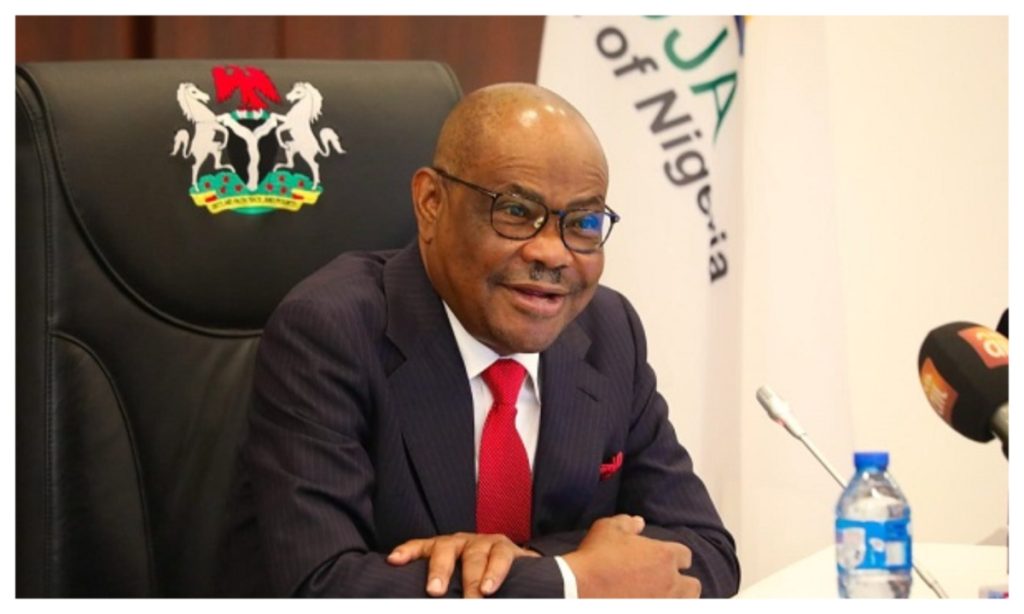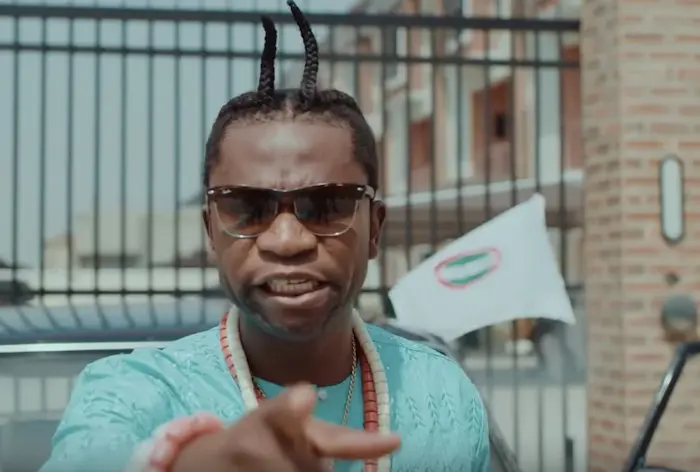The Supreme Court, the epitome of justice in Nigeria, has become the epicenter of intense upheaval as the Department of State Services (DSS) has assumed control of the security arrangements. This comes on the cusp of a pivotal judgment in the case involving the Federal Government and Nnamdi Kanu, the enigmatic leader of the Indigenous People of Biafra (IPOB).
Amidst palpable tension, the momentous judgment is slated to be handed down today, lingering as a pivotal juncture in the saga. With an air of authority, DSS operatives cordoned off the roads leading to the court and the entrance to the Villa, effectively prohibiting litigants and sympathizers from accessing the court premises. Even accredited journalists, bearing the official imprimatur of the Supreme Court, were met with adamant obstruction. Only through the intervention of high-ranking court officials did the operatives reluctantly extend passage to the press.
The vehemence of the security measures was unmissable, as an unmarked security vehicle barricaded the main entrance, subjecting journalists to meticulous frisking before granting them entry. Thus, the stage was set for the impending pronouncement, eagerly anticipated as the denouement of one of the most high-profile legal battles in recent memory.
On the 5th of October, the Supreme Court had earmarked this day for delivering its judgment on the appeal urging the Federal Government to release the beleaguered leader of IPOB from detention. A five-member panel, presided over by Justice Kudirat Kekere-Ekun, had given the green light for the resolution of the contentious matter following the conclusive submission of final briefs of argument by both parties.
As the Nigerian populace and the global community await the reverberations of this judicial milestone, the Supreme Court stands as a bastion of impartiality, tasked with the historic duty of dispensing justice in the face of formidable odds.



